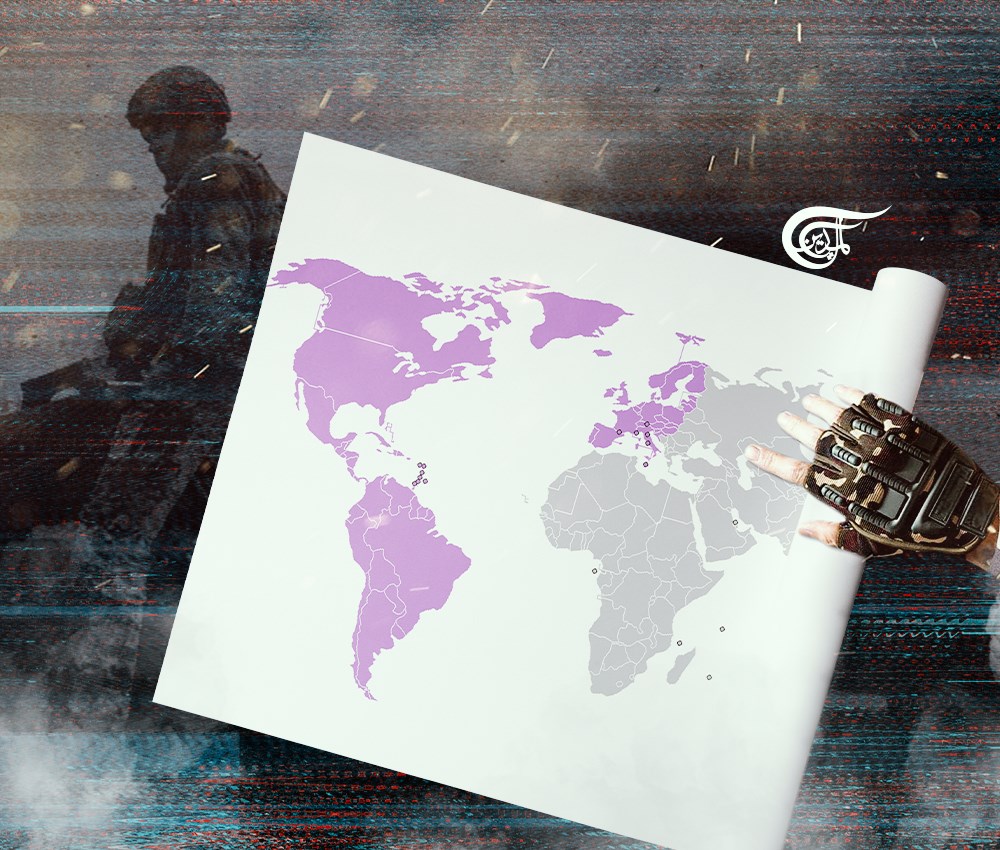Why does Western foreign policy need to change?
Instead of urging Ukraine to negotiate a peace settlement and focusing on the burdening problems in their own countries, the West is committed to arming Ukraine.
Across the past number of decades, the West has engaged in catastrophic interventions across the globe. The West’s military involvements, in particular, have caused devastation and destruction, not only to the countries themselves, but in a different way, they have caused numerous problems for the citizens of their own countries. For instance, the West contravened international law with its removal of both Saddam Hussein in 2003 and Ghaddafi later in 2015. These interventions, in particular, have caused the current migrant crisis that we are seeing today, leading to cultural, social, and economic problems across Europe as a result of the mass influx of migrants from Africa/the Middle East. Now, the West is committed and determined that Ukraine will defeat Russia. Instead of urging Ukraine to negotiate a peace settlement and focusing on the burdening problems in their own countries, it is committed to arming Ukraine. Continuing to supply Ukraine with weapons will lead to prolonged suffering of the Ukrainian people and loss of life. The war in Ukraine and the West’s continuing reluctance to negotiate with Russia is affecting the West’s own population: with increased fuel and energy costs, Russia being a principal producer of key consumables. Such a dramatic increase in the price of these consumables will lead effectively to the de-industrialization of European countries, with the Western industry being unable to compete price-wise against emerging Asian economies that benefit from lower costs of production. Such countries are benefiting from friendly relations with Russia and therefore lower costs for the energy they require for their businesses.
Where the West has not engaged in military interventions, it has in other cases, imposed unilateral economic sanctions on countries as a means to pressurize leaders. As an example, it placed economic sanctions on Venezuela, refusing to recognize the current leader Nicolas Maduro, hoping that sanctions would render his position as leader of Venezuela untenable. Such sanctions, according to some, have increased the mortality rate in Venezuela and worsened widespread hunger in the country.
The West now has a significant list of countries it has imposed sanctions on. Currently, for instance, these nations include Cuba, Iran, Russia, Venezuela, Syria, and North Korea. It also places sanctions on individuals/bodies within countries, for example, the US in anticipating placing sanctions on the Turkish Ministry of Defense following its potential purchase of S-400s from Russia. However, the methods the West uses to condemn and pressurize countries appear to be now backfiring and leading to countries forming alliances outside the sphere and influence of the West. Such alliances, if they continue to strengthen and grow, could completely undermine the effectiveness of Western control.
For instance, Russia and China, which are now considered pariah states by the West, have a strong strategic alliance. Russia and India, in addition, have healthy relations, with India benefiting from Russia diverting gas supplies it previously had planned to deliver to Europe. Russia has also developed better relations with Iran and is now in the process of developing prosperous economic, as well as in some cases military relations with members of BRICS. Furthermore, China is now developing better economic and military relations with Saudi Arabia, a close US ally. The developments of friendly relations outside the West appear to be endless, and the West is critically missing out on developing strong economic and political ties with such countries through how it conducts relations with countries outside its sphere.
It is in my view, therefore, that the West must rethink its entire approach to countries outside its own expanse. This must be based on respect for each country's sovereignty, culture, and political system. The West, in many aspects, could learn from other countries in order to improve the lives of people in their own country. For instance, in the UK, there are no rules regarding foreign investment in the country. Therefore, companies in the UK can be bought by any foreign investor. Some companies are completely sold off to foreign investors, rendering jobs in the UK at risk. In addition, key infrastructure in the UK has also been sold off to foreign investment, leading to a deterioration of services that negatively affects the British public. For example, Britain’s nuclear power is 100% foreign-owned and Britain’s gas pipe network is 89% foreign-owned. Yet, in a country like China, all foreign investment is categorized, and the government uses a system of negative lists to control foreign investment in prohibited sectors. Such regulation of foreign investment could be an approach that the UK could adopt for the benefit of its own country and people.
Ultimately, to ensure peace and stability, as well as the prosperity of each individual and nation, relations between countries must be based on mutual respect for each other’s sovereignty, culture, and political system. This will foster peace and harmony across the globe while protecting the sovereignty of each nation and allowing countries to trade economically as they see fit, in order to develop prosperity and improve living standards globally. One should be able to look at the best practices across the globe as points for improvement within one’s own nation. One country or collection of countries does not have the right to dictate how other countries should govern or conduct their business. If criticism of human rights, for instance, needs to be dispensed, in my view, this should be bestowed by a completely independent and impartial body, which has no ties to any particular country. As the West encourages its own population to be tolerant and inclusive, so too should Western leaders be tolerant of other nations. If the West fails to do this, it may find itself in the position of being excluded, rather than dictating which countries should be ostracized.

 Natalie Jones
Natalie Jones
 6 Min Read
6 Min Read












